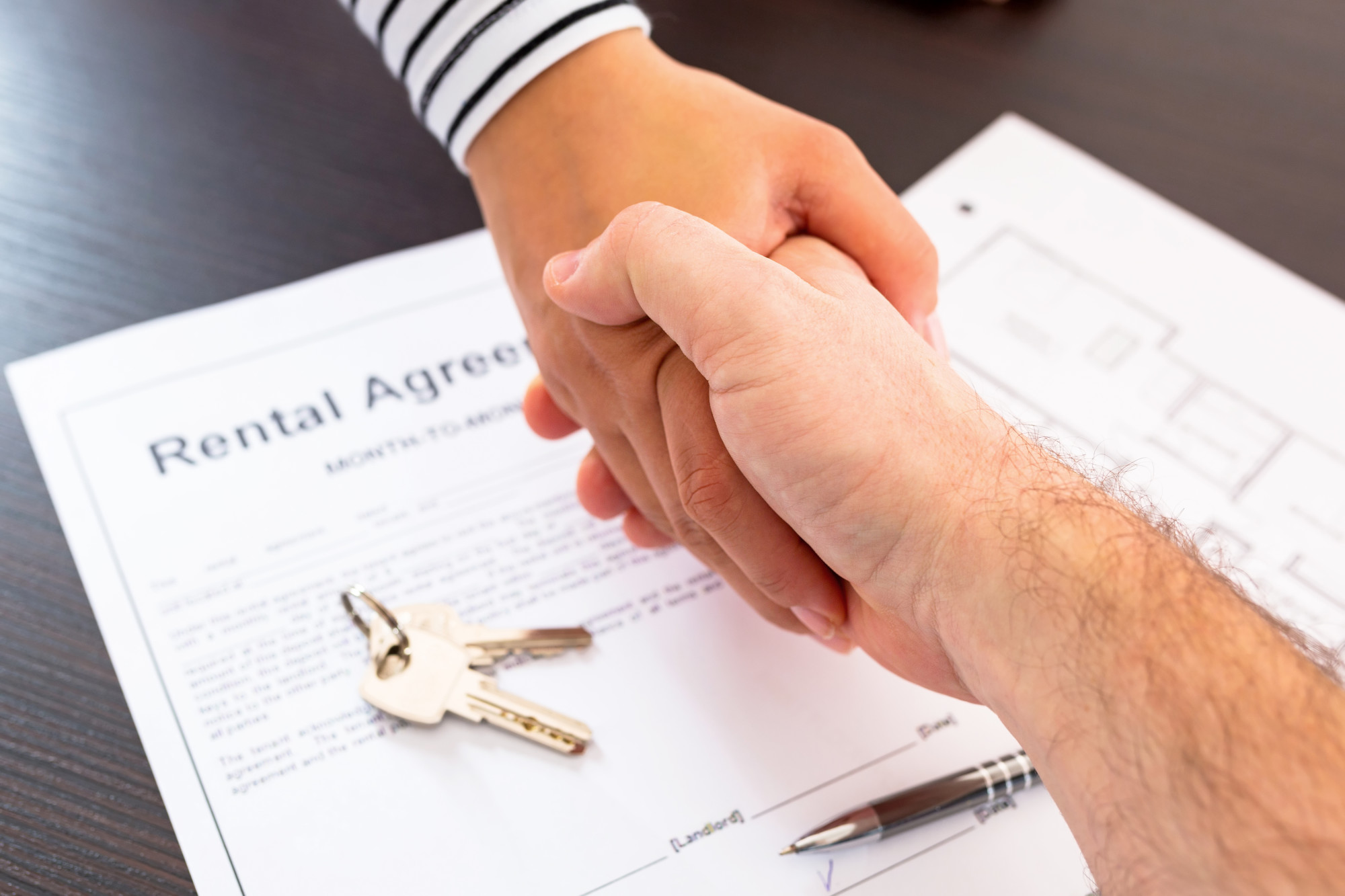
Just under two-thirds of households in the US own their own home, dropping to one-third for those under the age of 34. Rising mortgage costs mean people have turned to property rentals, but this has pushed up prices further. So how can you decide which path is the best for you?
Luckily there are only a few considerations you need to make. Read on as we discuss buying vs. renting a house.
Table of Contents
Advantages of Buying a House
When you buy a house, it comes with several important advantages. We have included ones you may wish to consider below.
Investment
If you are a home buyer who is lending, you are making a great investment. Even considering the interest paid, you will still gain equity as the house appreciates. Once paid, you have a solid asset.
This asset will allow you a certain degree of financial freedom. You no longer have to pay mortgage or rent and have something valuable that you can sell or pass on to your loved ones. Your home will continue to build equity as house prices rise.
This makes finding the right home vital. You can check houses for sale here to get an idea of prices and what you will need to spend.
Privacy
Owning your home brings a degree of privacy with it. No landlords have the right to do inspections on your home and see how it is being kept. This means you can do what you like at the home and don’t have to worry about visits from people you don’t know well.
This also affords a degree of freedom. If you want to update the bathroom or turn the basement into a living space you can. In rented accommodation requests must be made to the landlord and they are unlikely to invest in large-scale renovations unless necessary.
Stable Costs
When you purchase a home with a mortgage, you will have stable costs from year to year. You will have a choice of fixed and variable rates loans. Unless interest rates surge and you have a variable rate, then paying back the loan should remain consistent.
With a fixed rate, you can predict what you want to pay making budgeting easier. All of this is in contrast to rising rent prices, which landlords can increase with little notice should they wish.
Disadvantages of Buying a House
Buying a house has a few disadvantages. If you are considering it, there are some you should be aware of.
Lack of Flexibility
When you buy a house, it is a long-term commitment. If you want to move away, then you have the task of selling up. Alternatively, you can prepare the house for rental but this brings its own responsibilities.
A mortgage is also a long-term financial commitment. You will be paying for it over a long period which may prevent financial freedom in other areas. If you don’t pay the mortgage then you could face foreclosure and lose everything you invested.
Costs
There are upfront costs associated with home buying. To get a loan, you must have a large deposit. You then need to pay necessary costs such as real estate agent fees, inspections, and fees for paperwork.
Once you do have this, your home will cost money to maintain. As well as home and contents insurances, general upkeep for its internal systems and accidental damages can mount up. Add this to the local tax charges in your area and you can see how expensive it becomes.
Advantages of Renting
The number of people choosing to rent instead of buying is increasing. Spurred on by rising house costs, people are starting to see the many advantages renting has.
Lower Costs
Renting a house is generally cheaper than getting a mortgage, depending on the type of property you rent. You may need a deposit, but it won’t be anywhere near as much as the upfront deposit needed for a long-term loan. Monthly payments will also work out cheaper.
Once you do have a property, you are not responsible for the upkeep and maintenance. Aside from utility bills, you will only pay the designated total and the rest is the responsibility of the landlord.
Short Term Commitment
When you rent a house you are not bound to one place or area. With a month or two’s notice, you can pack up and move on.
Disadvantages of Renting
There is only one real disadvantage when renting and that is the lack of security. Given the right notice period, your landlord can ask you to move on to another property. This means you may never have a stable home and could be moving frequently.
You also do not get the security of having your own home. When you pay rent this money goes to someone else’s pocket. You are not building equity in a property, saving money towards a solid financial future.
When a home is paid outright it gives you a huge degree of stability. You never have to worry about paying to put a roof over your head or that of your family again. When renting, this will never come to fruition.
Buying Vs. Renting a House
Now you know all about buying vs. renting a house, you just need to decide which approach is for you. Check your current financial situation and see where you want to be in five, ten, and fifteen years. This can help you formulate a strategy.
If you found this article helpful, we have many more. From property to finance, we can help maintain your household in the coming year.